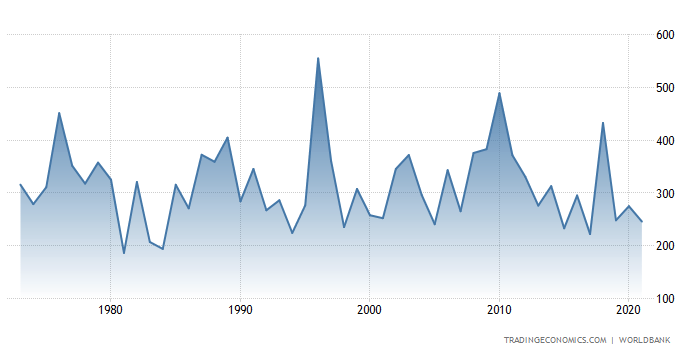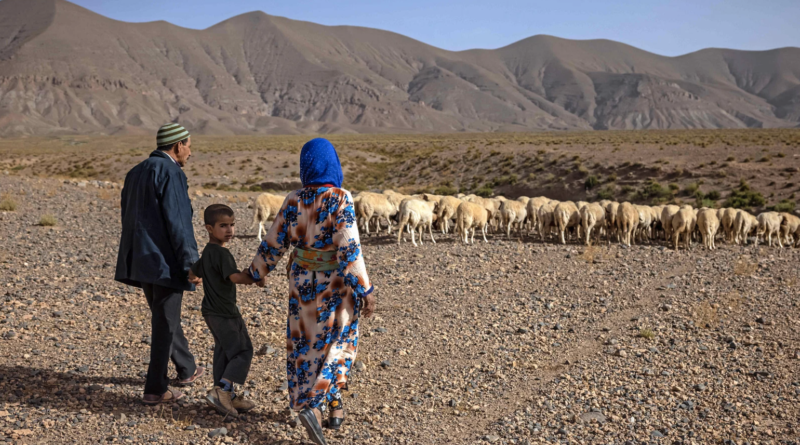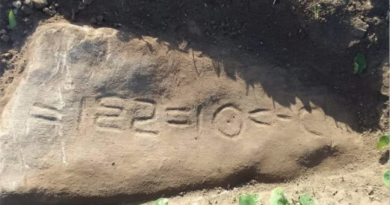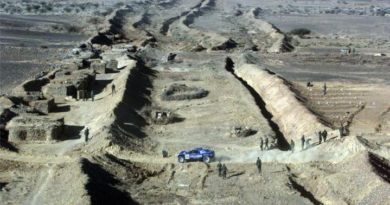Morocco faces a growing climate threat
Morocco’s economy must adapt to the intensifying threat of climate change, according to the country’s finance minister, Nadia Fettah Alaoui. She called for investment in water technologies and the acceleration of growth sectors such as car manufacturing to prepare for more frequent droughts.
Last year, Morocco’s crucial grain harvest was severely impacted by a lack of rainfall, while the country was also affected by higher prices for wheat and energy due to Russia’s war in Ukraine. Morocco’s economy grew by 1.2% in 2022, compared to 7.9% in the previous year, with growth of 3.1% expected in 2023. Alaoui emphasised the need for a long-term vision to tackle the country’s water shortages caused by climate change.
Morocco’s economic growth has traditionally relied on rainfall due to a significant portion of the population working in agriculture, even though the sector only contributes 12% to the country’s GDP. While modern irrigation methods are used for crops like citrus fruits that are exported, small-scale farmers growing staple cereals for the local market still depend on rain.

Youssef Brouziyne, the head of the International Water Management Institute for the Middle East and North Africa, warned that 2022 was especially difficult because it was the fourth consecutive year of drought, leading to the depletion of critical reservoirs. Climate studies also suggest that Morocco and the region will experience more frequent and intense water shortages due to droughts.
Amidst these challenges, the IMF announced that Morocco had requested a $5 billion credit line to help it manage the highly uncertain global environment. Morocco’s finance minister, Nadia Fettah Alaoui, said that the country needed to accelerate its investments in desalination plants, dams, and water recycling systems due to climate change. She suggested that the private sector could partner with the government to achieve these goals, and that the cost of water for households would be subsidized while industrial and other significant users would pay a fair price.
The minister also noted that investors were increasingly interested in renewable energy, such as wind and green hydrogen, which the country could generate using its abundant natural resources. Morocco already produces over one-third of its electricity from renewable sources and is poised to become a leading supplier of green energy in Europe, according to Zaid Belbagi, the head of political advisory firm Hardcastle.



